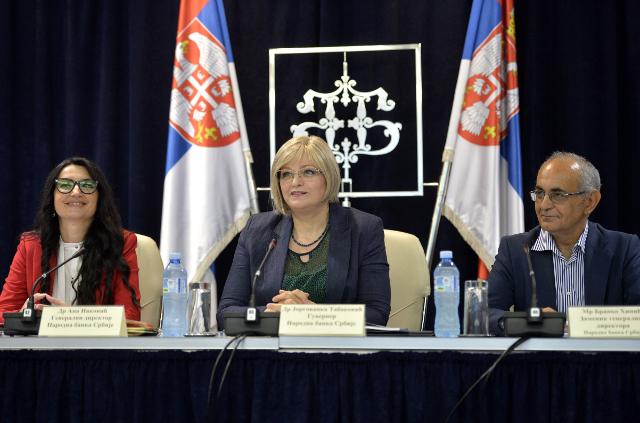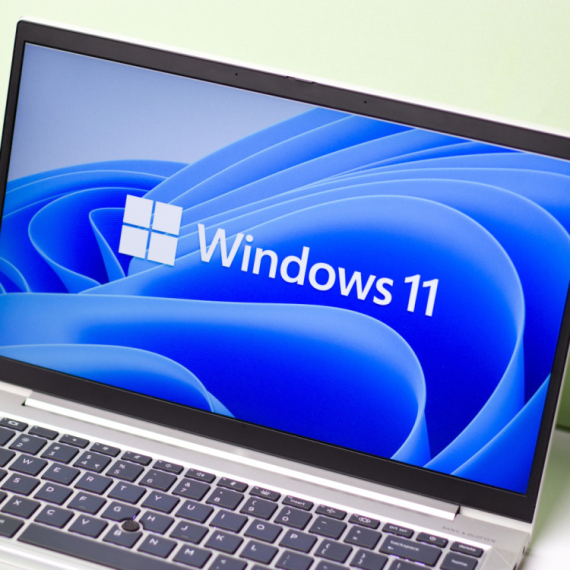Central bank chief sees low inflation, stable currency
Year-on-year inflation will see a gradual, albeit slightly slower-than-expected return to the target tolerance band in the first half of next year.
Thursday, 18.08.2016.
10:19

Central bank chief sees low inflation, stable currency
Tabakovic said this month marked four years since she had taken office and that the period was one of lower, more stable inflation.This is not a result of external impacts, but reduced internal imbalances and a stable exchange rate of the dinar, which has brought down inflation to a level common in European countries, Tabakovic said.
Inflation will remain low over the next two years and the stability of the foreign exchange rate will be maintained, which is significant because a stable dinar is exerting less pressure on import prices, she said.
"Over the past four years, we have demonstrated a capability of maintaining a stable exchange rate and overall stability, which is a result of coordinated monetary and fiscal policies," Tabakovic said.
"Low inflation and a relatively stable exchange rate are the cornerstone of financial stability and business predictability," Tabakovic pointed out, adding that coordination between the monetary and fiscal policies was good.
She said that annual inflation amounted to 1.2 percent in July and, according to the central bank's projections, it would return to within the target range in the second half of next year, and then continue to fluctuate around these limits.
Tabakovic also added that the reference interest rate was reduced from 11 to four percent.
The governor stated that the central bank had gold reserves of 18.3 tons, and that the currency reserves increased by 85 million euros this year.
An increase of public sector salaries would be no threat to the economic stability achieved - it can only boost demand, a significant element that can help revive overall economic activity and boost GDP growth, Tabakovic said.
An increase of salaries that would boost aggregate demand does not mean price hikes and inflation growth, Tabakovic said at the presentation of the central bank's August inflation report.
The National Bank of Serbia has not been analysing the economic effects of a potential increase of salaries, and it is currently focused on solving the issue of non-performing loans, Tabakovic said.





































Komentari 0